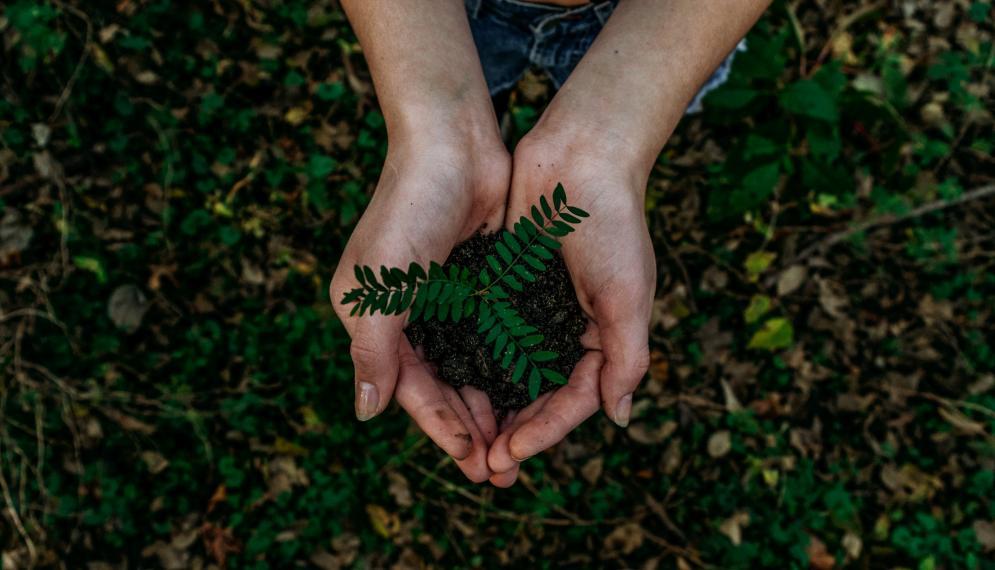Funding provided to tackle the Human-Environmental Crisis

As we celebrated Earth Day on April 22nd, the University of Guelph announced its funding for 7 interdisciplinary research projects that tackle the human-environmental crisis.
The Guelph Institute for Environmental Research (GIER) will provide $105,000 from its small grants program for the new and ongoing U of G projects that focuses on environmental issues. Currently, GEIR consists of more than 100 researchers from the 7 colleges whose main goal is to solve the world’s environmental problems through innovation and interdisciplinary collaborations.
Dr Madhur Anand, who is the inaugural director of the Institute mentioned the new research projects aims to highlight the spirit of International Earth Day and to acknowledge and honour the interdependence among human beings and other species and the planet that we share.
Some of the projects that will receive the funding for 2020-2021 are:
- Dr Stefan Kremer and Dan Gillis, School of Computer Science and Dr Geneviève Ali, School of Environmental Sciences, will design and test machine learning models to predict river flows and floods. The research then aims to engage with relevant stakeholders to effectively mobilize their findings.
- Drs. Brittany Luby, Department of History, and Andrea Bradford, School of Engineering, will further develop the Manomin Project, a community-engaged research initiative committed to restoring ancestral crops and revitalizing cultural foodways in Anishinaabe-Aki.
- Drs. Ryan Norris and Elizabeth Gow, both of the Department of Integrative Biology, and Dr Lee Neil, Department of Population Medicine, will assess the costs and benefits of unsupervised outdoor access for cats through a combination of ecology, welfare science and custom-built technology.
- Dr Sheri Longboat, School of Environmental Design and Rural Development, and Dr James Longstaffe, School of Environmental Sciences, will work with the Oneida Nation of the Thames community to integrate knowledge and build capacity around environmental risk assessments.
- Dr Olaf Berke, Department of Population Medicine, and Dr Lorna Deeth, Department of Mathematics and Statistics, will assess how socio-economic disparities can cause and amplify health inequalities during the COVID-19 pandemic.
- Dr Jesse Popp, School of Environmental Sciences, will evaluate best practices in environmental monitoring to develop more holistic frameworks for Indigenous stewards and Western scientists to foster meaningful and respectful collaborations.
- Dr Shoshanah Jacobs and Karl Cottenie, both in the Department of Integrative Biology, will develop Squirrel Life, a citizen project that provides experiential learning opportunities, generates valuable monitoring data and encourages people to connect to their environment.